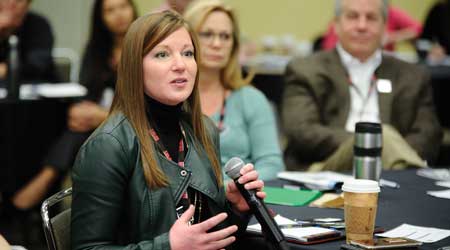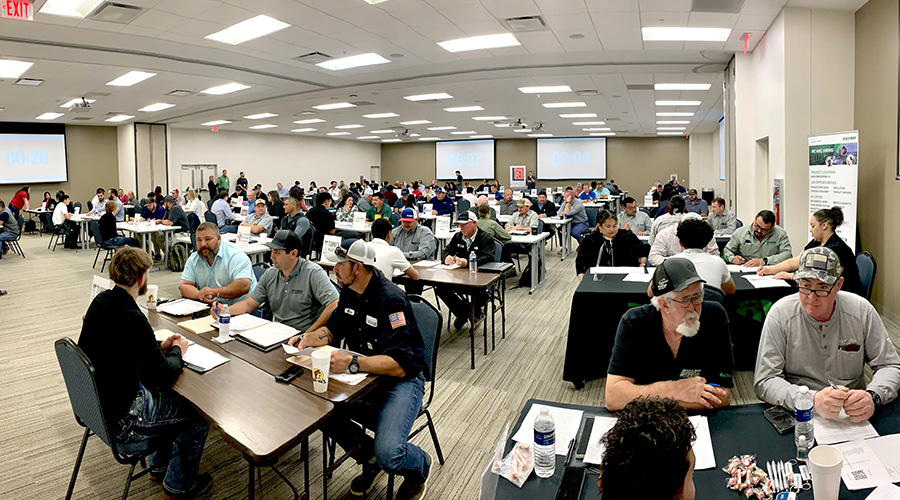Finding Skilled Facility Management Professionals
What skills are required for competency as a facility manager? NFMT performed a survey to find out. Here are some of the results.
As the facility management profession rapidly evolves, the need for qualified professionals continues to swell. So does the need to address emerging challenges facing the profession, such as incorporating new technologies, meeting global standards, and filling significant retirement gaps. Today’s facility professionals need knowledge and skills that go beyond traditional facility management, expanding into strategic business skills. Without global professional standards and training, it is difficult for employers to identify and hire proven talent. More importantly, facility management professionals at all levels need to understand the scope of knowledge and skills required of them today and in the future.
Last year, NFMT conducted an industry survey to research specific competency skills needed to be considered a proficient facility manager. (NFMT and Building Operating Management are owned by Trade Press Media Group.) The survey collected other information like experience level, category of business, role within the organization, and staff size. Findings were used to set the standard for a new certification pathway, intended to fill the educational gap in the facility management industry.
Which specific skills make for a skilled and qualified FM? NFMT received feedback from thousands of facility management professionals in 93 countries across the globe. The results identified four main areas of focus:
1. Asset management (project management, strategic planning, capital planning, and construction).
2. Risk management (Compliance & Standards, Environmental Health & Safety, Security, Emergency Management).
3. Business management (human capital, leadership skills, financial management, procurement, contract management, and real estate).
4. Operations and maintenance (technical services, occupant services, work management, utility management, and space management).
NFMT applied the survey results to the development of its 2018 event, which be held March 20-22 at the Baltimore Convention Center. This year, conference tracks have been designed specifically to align with the areas of focus derived from the survey results. The survey findings also informed the Body of Knowledge used to develop the new ProFM credential. Having been described as “built by FMs, for FMs,” the ProFM credential is a comprehensive designation created to set a new global standard in the industry. ProFM and NFMT have been working together since early 2017 to advance the facility management profession and elevate the educational training standard.
“It’s clear that FMs are asking for more specific training standards, and they’re looking to us to raise the bar on education,” comments Amy Brown, director of education and conferencing. “This year, we are excited to focus on these core areas identified by the survey results.” NFMT conference tracks will include:
• Asset management
• Business management
• O&M technical services management
• O&M work management
• Risk management
• Safety and security management
• Utility management
“There’s a lot going on at the event this year, and with the addition of the ProFM credential, we are expecting a really great turn out!” says Brown.
More information on the NFMT event and educational tracks can be found at NFMT.com/baltimore. To learn more about the ProFM credential, visit ProFMi.org.
Katie Baker is a contributing writer for Trade Press Media Group.
Email comments and questions to wendy.dietzler@tradepress.com.
Related Topics:












